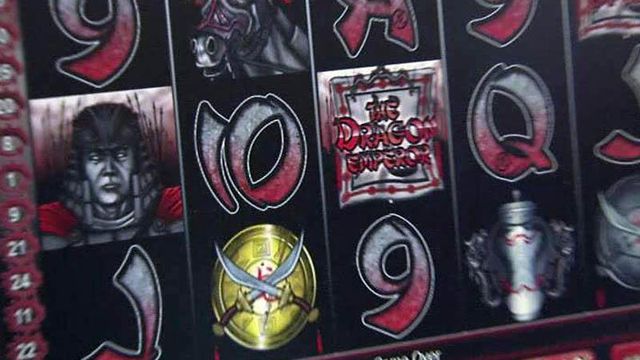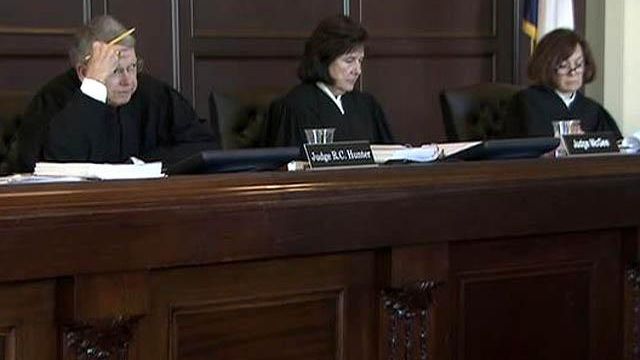Court weighs NC law banning Internet sweepstakes games
North Carolina wants the courts to uphold the 2010 law that attempted to rid the state of sweepstakes that use video-style games to reveal whether a person is a winner.
Posted — UpdatedActing Solicitor General John Maddrey gave arguments Tuesday in two cases before a three-judge panel of the Court of Appeals.
In one case, the state wants the court to uphold a Wake County judge's ruling backing the entire law. In the other case, it wants the judges to reverse a Guilford County judge's ruling striking down part of the law as a violation of the First Amendment.
"It's not a video-game regulation statute standing alone. It's a sweepstakes statute, a statute that defines types of sweepstakes that are not permitted or allowed," Maddrey said.
Lawyers representing business owners argued to the panel that Internet sweepstakes are legal based on a landmark case heard after these rulings came down.
"In that case, the U.S. Supreme Court said video games qualify for First Amendment protection, that video games are a form of speech," said Kelly Daughtry, a lawyer representing Sandhills Amusements, which was involved in the Wake County lawsuit.
The Internet sweepstakes ban took effect last December and followed an earlier state ban on traditional video poker machines.
Adam Charnes, an attorney for Hest Technologies and International Internet Technologies, argued that allowing people to click on computer screens to uncover potential prizes is a marketing tactic to encourage customers to buy Internet or phone time. The two companies, which market long-distance phone and Internet services that are sold at outlets across the state, were involved in the Guilford County lawsuit.
Prosecutors statewide have told police and sheriff's deputies to enforce only parts of the law that were upheld by both trial judges and close down casino-style games and those "not dependent on the skill or dexterity of the player." Other sweepstakes outlets or retailers have continued to operate by replacing slots and Pot-o-Gold with cartoon-style games.
There was no word on when the judges would rule on the case. It's possible that one or both cases could eventually wind up before the state Supreme Court.
• Credits
Copyright 2024 by WRAL.com and the Associated Press. All rights reserved. This material may not be published, broadcast, rewritten or redistributed.






